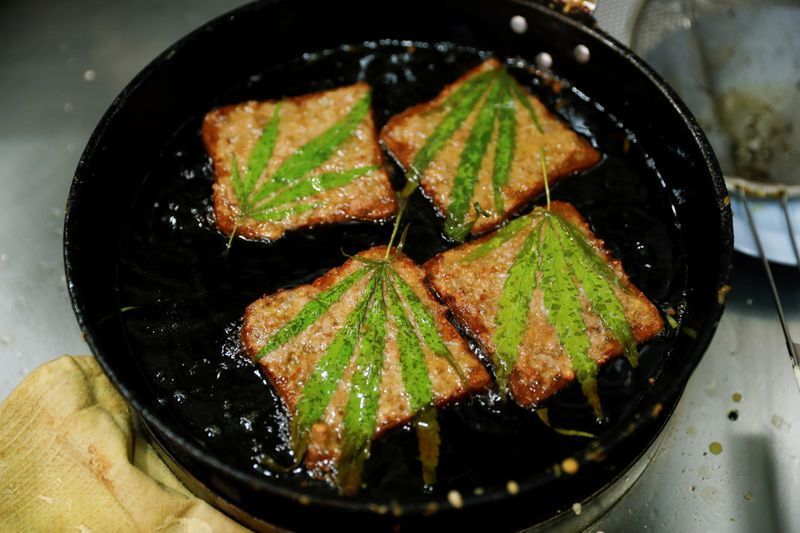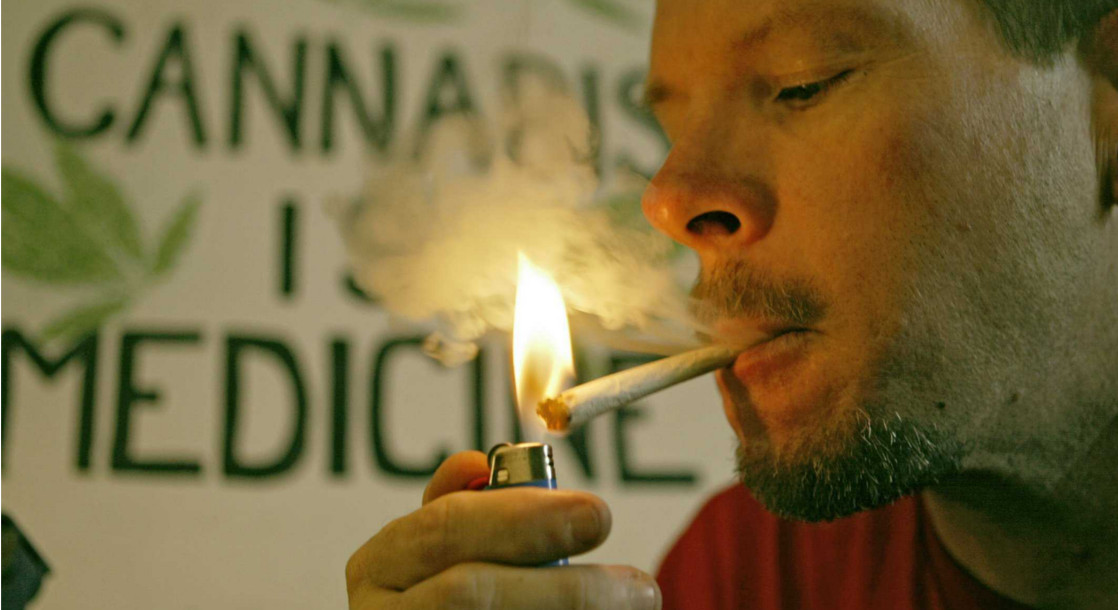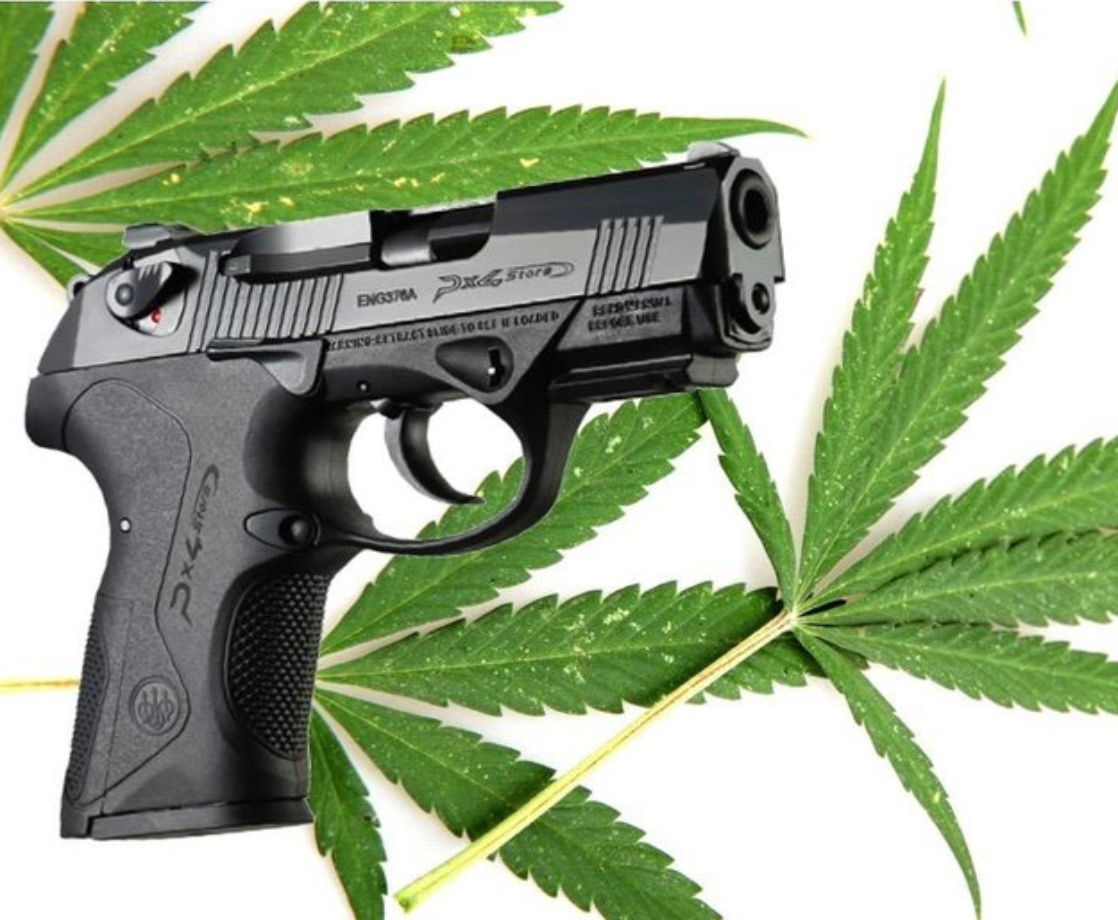Hospital cafeterias have earned a well-deserved reputation as offering some of the least appetizing grub known to humanity, but one Thai hospital is ready to shake off that reputation.
The restaurant at the Chao Phya Abhaibhubejhr Hospital in the Prachin Buri province of eastern Thailand is now offering “happy meals” infused with fresh, locally grown cannabis. Unlike traditional pot edibles, where cannabis oils or butters are often blended into brownies or standard dishes, this eatery places fresh and fried pot leaves at the front and center of its meals.
Last week, the restaurant unveiled a whole new weed menu, including a pork soup with chopped pot leaves, deep-fried bread topped with a fried pot leaf, and a “joyfully dancing” cannabis leaf salad with ground pork and vegetables. Fresh cannabis leaves only contain trace amounts of THC, and the eatery limits each meal to a maximum of five pot leaves, so these meals essentially amount to cannabis microdoses rather than full-on edibles.
“Cannabis leaves, when put in the food or even a small amount… will help the patient to recover faster from the illness,” said doctor Pakakrong Kwankhao, project leader at the hospital, to Reuters. “The cannabis leaf can improve appetite and make people sleep well, and also be… in a good mood.”
Although the total amount of cannabis in each meal is limited, Pakakrong told the Phnom Penh Post that “recent research found that this small amount can improve mood, focus and also creativity.” Still, she advised that people who are pregnant or who have serious health issues may want to steer clear of this menu. The eatery also offers dishes with only one half of a pot leaf for those who may have low tolerance.
“I’ve never taken cannabis before, it feels weird but it’s delicious,” Ketsirin Boonsiri, a diner at the restaurant, told Reuters. “It makes my throat dry and I crave sweets,” said Nattanon Naranan, another diner, who also said that the taste of cannabis was similar to other vegetables used in Thai cooking.
Southeast Asian countries have a long tradition of extreme cannabis prohibition, even imposing the death penalty for weed dealers. Thailand broke with that tradition in 2019, becoming the first country in the region to legalize low-THC medical marijuana. Since then, the program has expanded rapidly, and the country has fully embraced the medicinal powers of pot.
After decades of prohibition, Thailand has already developed its own unique medical cannabis strain, and citizens can now grow weed at home and sell it to the government for medical use. Last November, the country officially made it legal to use low-THC hemp plants to make food and cosmetic products. The restaurant at Chao Phya Abhaibhubejhr Hospital is one of the first eateries in the country to take advantage of this new law, but given the extreme popularity of its new menu, it will probably not be the last.
Thailand’s newfound acceptance of medical pot may buck recent trends of prohibition, but it is also a return to ancient traditions of cannabis use. “Putting cannabis leaves in the food is our culture,” Pakakrong told the Phnom Penh Post. “In the past before cannabis was banned . . . we put small amounts as seasoning herbs and we also use it as a herbal remedy.”
Arsala Chaocharoen, a recent diner at the hospital, said that she was eating the same kinds of meals her ancestors used to make. “They’ve put the cannabis leaves in my noodle soup and this is actually an old traditional knowledge of Thais,” she said to the Phnom Penh Post.











